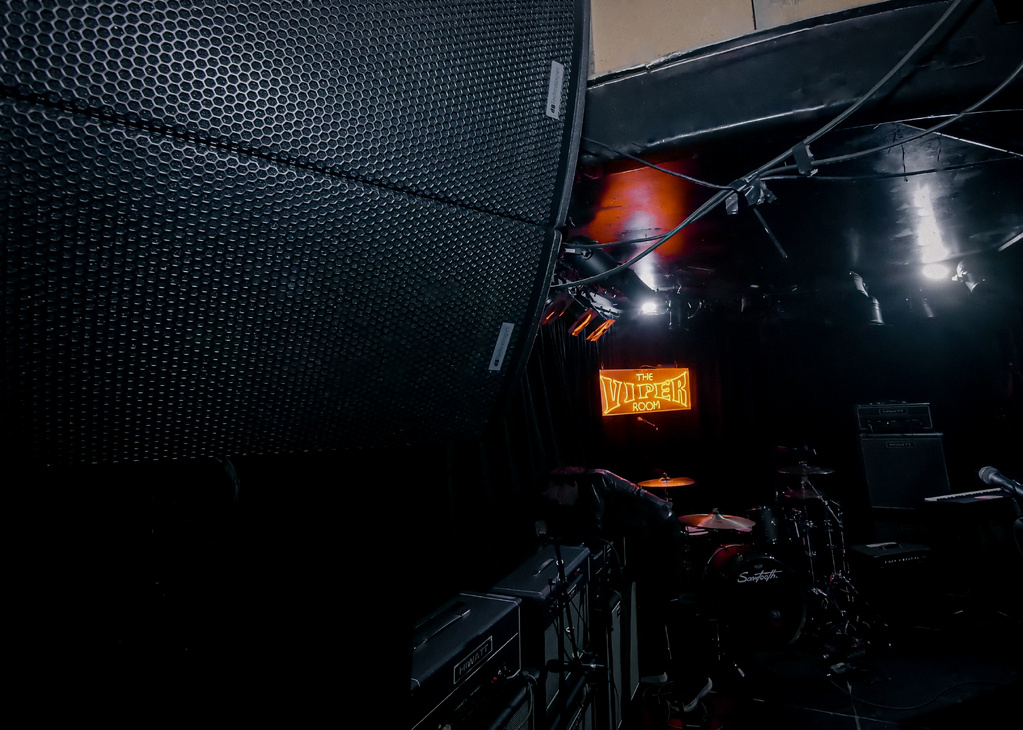
Who’s in charge of a sound check? While the answer could be, “it depends,” I would say 97.6 percent of the time in church settings, the house mix engineer should be in charge. (I’ll deal with the other 2.4 percent in a minute.)
It’s For The Engineer
The main sound person should be in charge of sound check because he (or she) is the reason there is a sound check in the first place. The band needs to play, vocalists need to sing, videos need to roll—all so the engineer can properly set gain and levels, and sometimes monitors.
Given that reality, who knows better what to start with first, and when to move on to the next channel than the engineer? The worship leader might know when they have enough in their monitor, but they really don’t know when the gain, EQ, compression, gating and anything else is set properly. So relax and keep on strumming.
Good For The Team
Often, sound people are treated like second class citizens. Sometimes, this is deserved—most times it’s not. Having the band take 10-15 minutes and defer all their attention to the house engineer is a good reminder that they too are part of the team and deserve some respect.
I speak with a lot of engineers who have great relationships with their bands. Sadly, that’s not the case in all churches.
A properly run sound check will go a long way in boosting the engineer’s credibility score, especially if the worship/band leader is on board. Everyone is better off in the end for it, believe me.
The Other 2.4 Percent
In rare cases, it may be beneficial for someone else to run the sound check. This is typically only true when the engineer is just learning how to actually engineer, or if they are new to the church, the system and the band. In this case, I’ve found it very beneficial to take over the sound check myself and lead both the band and the engineer through it. This has a few benefits.
First, for the band, because they are comfortable with me, they feel good that someone they trust appears to be in charge. This calms a lot of nerves. For the sound guy, it allows them to focus on getting around the board, getting gain set, EQ and the rest without trying to remember the musician’s names or what order to go in.
It’s also good for establishing consistency. I want my engineers to run a sound check the same way, and by leading the through it, they learn the way I want them to do it. They learn how to properly address the band, and work through any issues.
As a bonus, it gives me something to do besides stand there with my hands in my pockets. In even rarer cases, I would cede this control to the worship leader but only on two conditions:
1) The church doesn’t have a tech team leader (either staff or volunteer) to take on this role, and
2) The worship leader knows something about sound.
If those conditions aren’t met, the sound person needs to stand up, take the reigns and learn how to run a good sound check. It’s really not as hard as you might think…




















